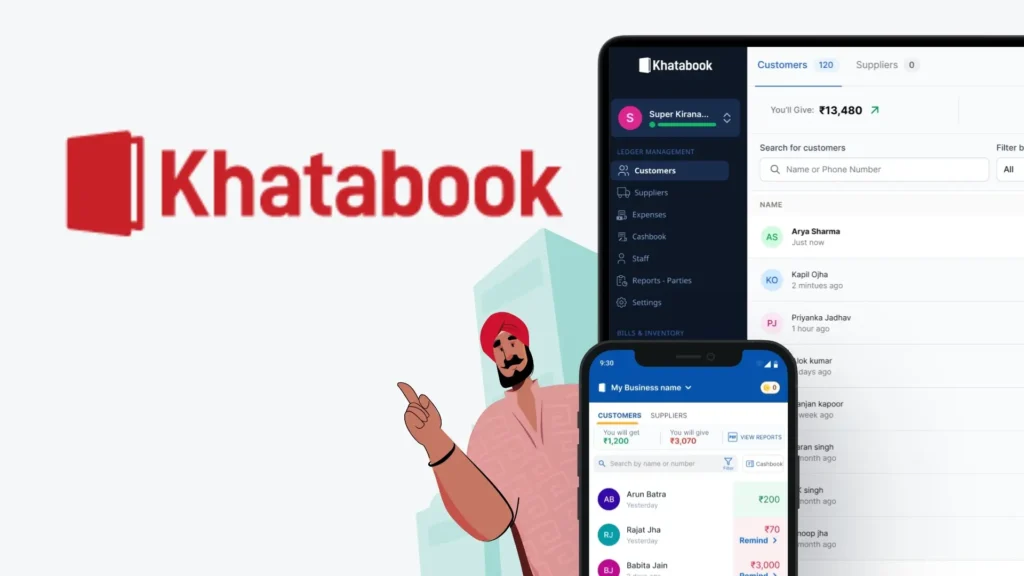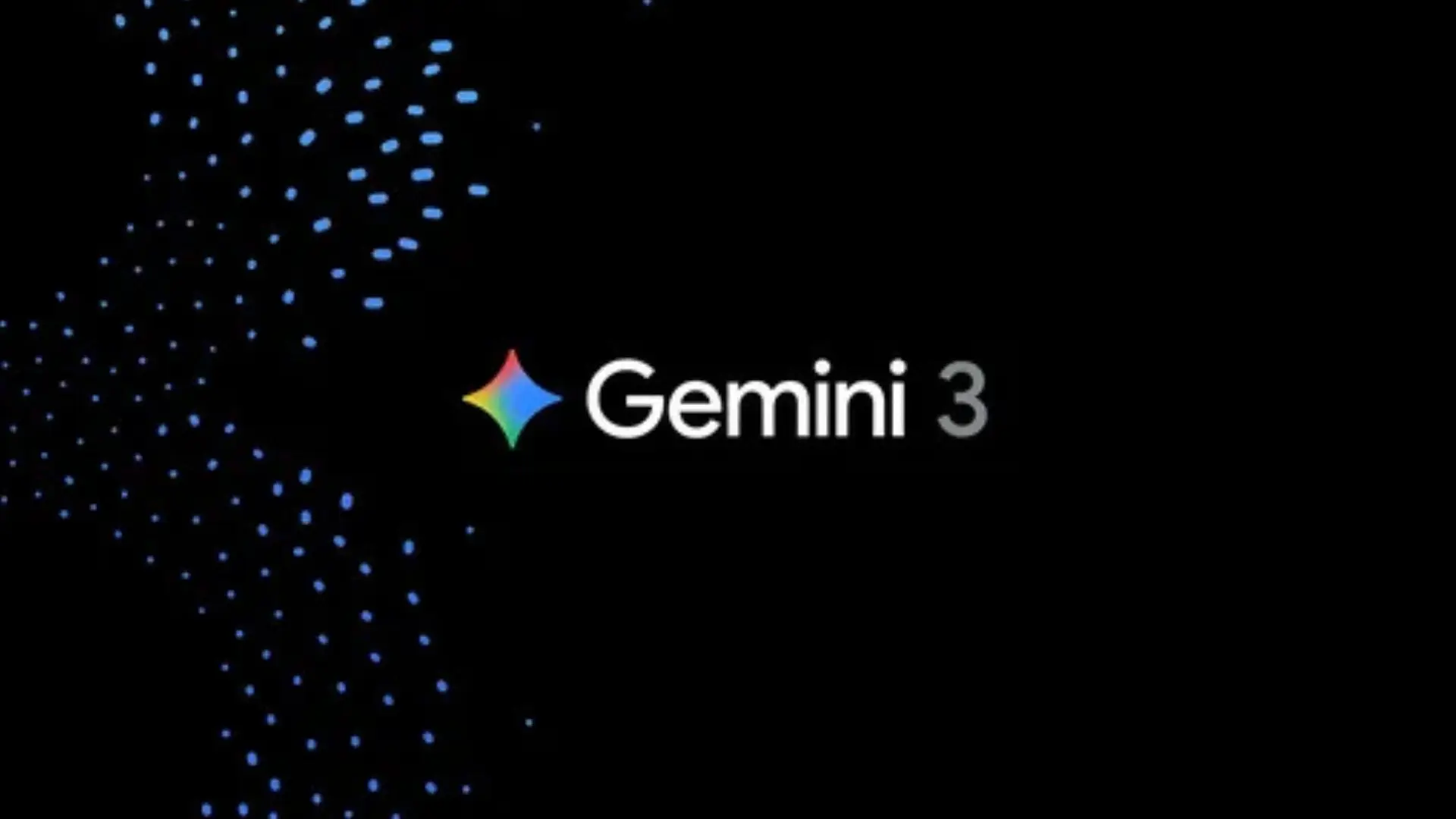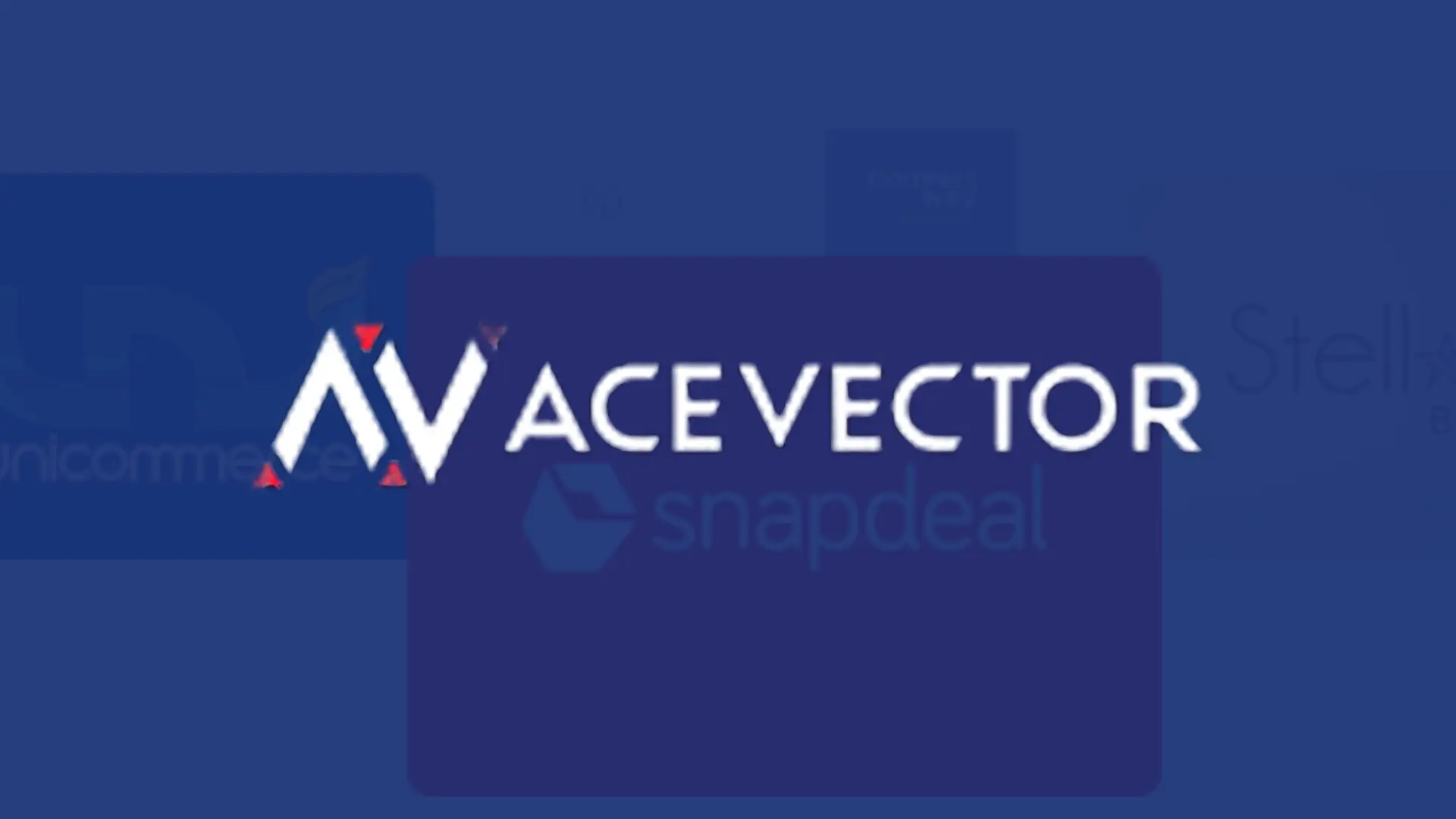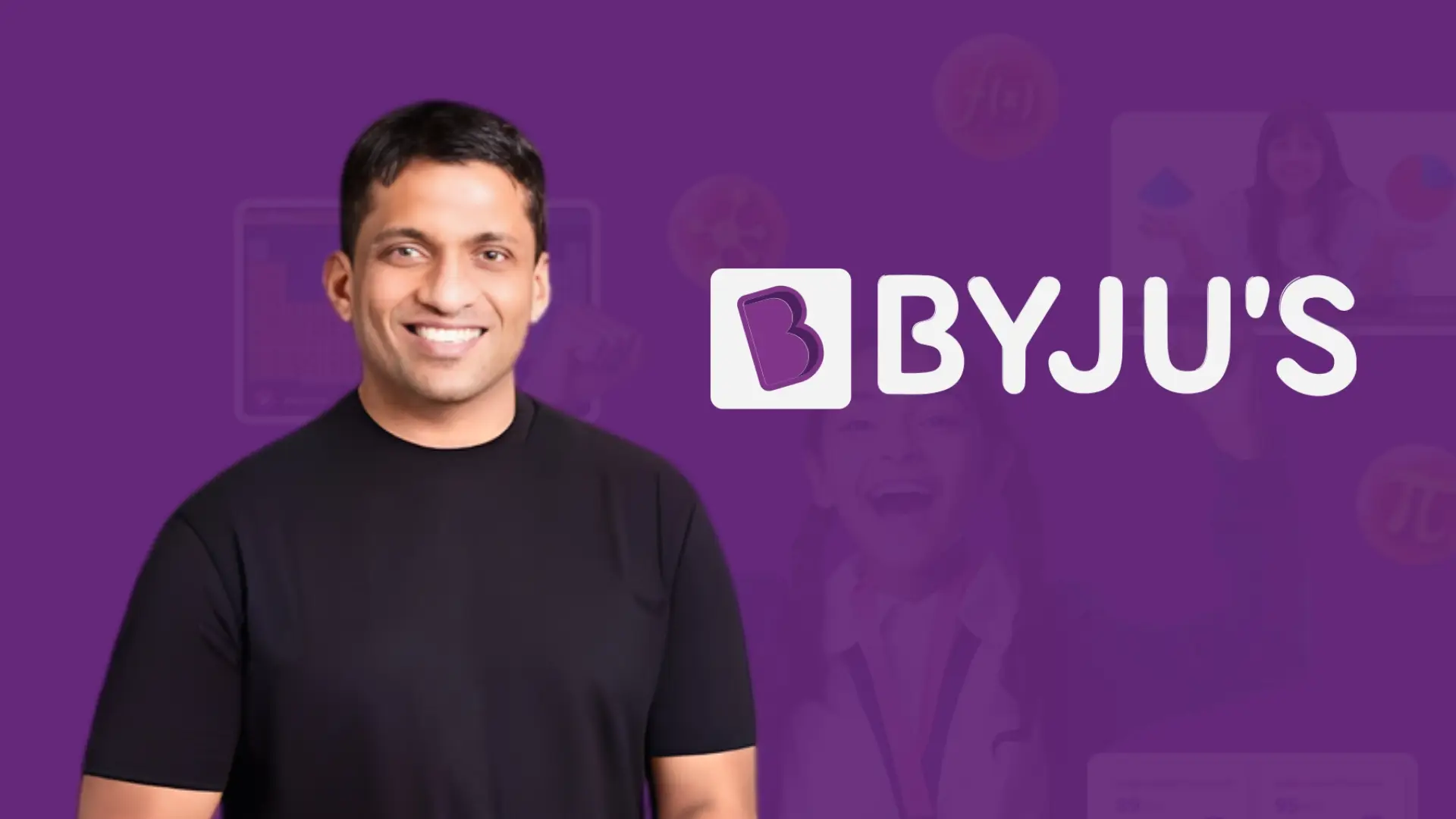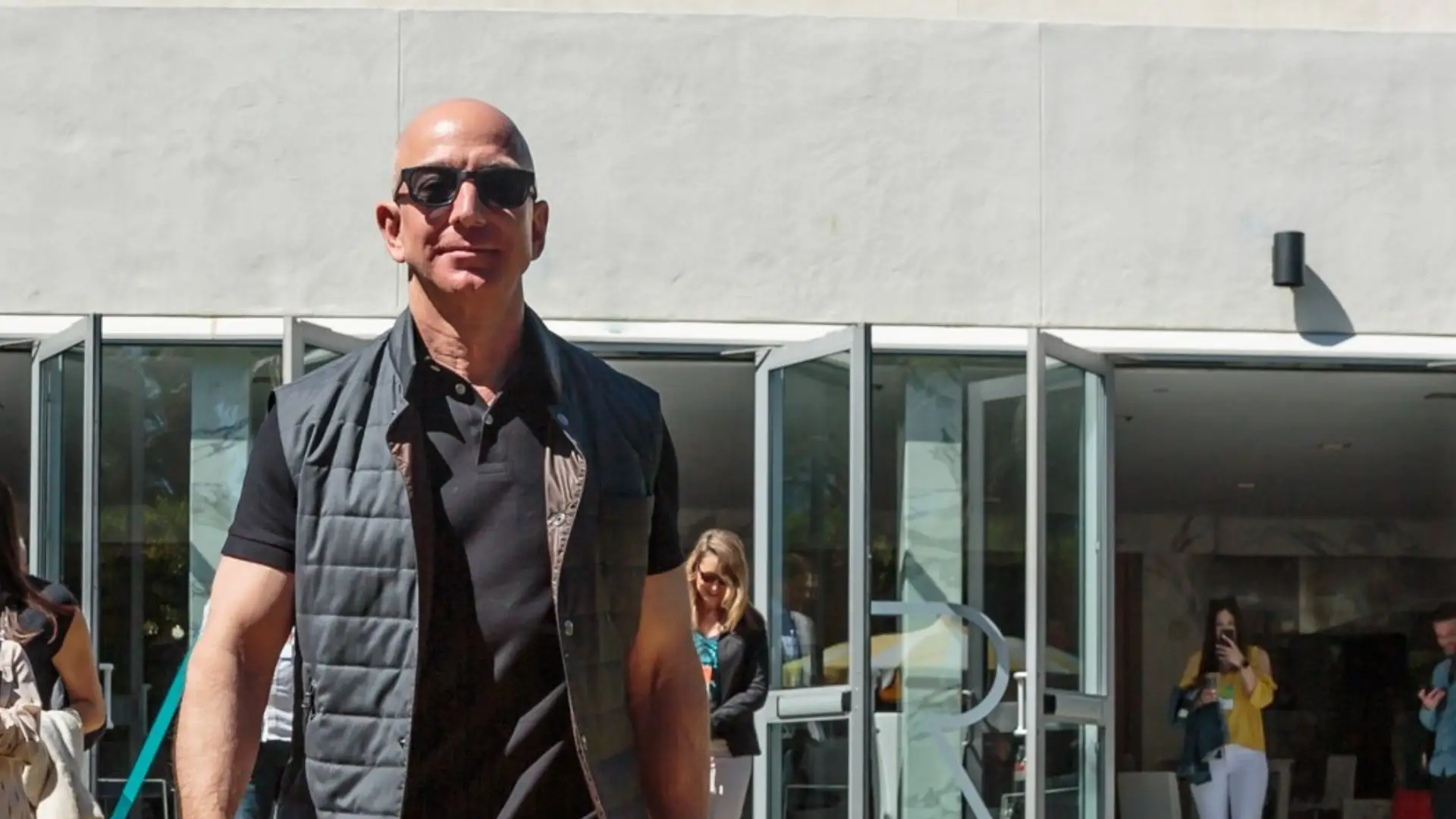How many of you are from rural areas or from small towns and cities? Do you still remember whenever we went to kirana stores in our neighbourhood, that shopkeeper used to write in his notebook? That notebook is messy and not clear, and there’s always a conflict and confusion about the entries made. Well, it may seem like a small problem, right? No, not at all; when it is a problem for you or me, it might be an issue, but think from the shopkeeper’s point of view. He has to deal with hundreds of customers, right? Who took on cash and who took on credit? He needs to have clarity. Because at the end of the day, it is his hard-earned money. Now when a person writes all of this, there is a higher chance he might miss out on something that is very important. Now in that regard, a person observed the problem and built a solution, which is now helping MSMEs to tackle the issue. “Why can’t this be digital? Why can’t this notebook live on a phone?” That simple question sparked one of India’s biggest MSME revolutions, which is Khatabook.
Let us dive deeper into the story, because this is backed by big investors and even includes Indian cricket legend MS Dhoni. Let’s dive deeper into the journey of Khatabook: how it started, how it grew, how it makes money, and why it became one of the biggest MSME fintech stories in India. The story is when the founder, Ravish Naresh, who is also co-founder of Housing.com, was travelling across smaller towns and speaking to merchants. He noticed the same pattern everywhere: shopkeepers juggling between customers, cash, credit, and that one fragile notebook. Small merchants were using smartphones, but not for business. Digital India was booming, but the smallest businesses were still running on pen and paper. And that led to the Khatabook, an app that gave shopkeepers the assurance that their data was safe, their dues were recorded, and their customers would get regular reminders to pay on time. But this is not an instant success. Because the segment they are dealing with is largely people who are not so aware of digital usage. But today, it has millions of downloads, crores in revenue, and millions of dollars in funding.
Why has Khatabook Clicked with Small Merchants? Khatabook worked because it understood one thing better than anyone else: that small businesses don’t want fancy technology, but they want simple clarity. Now it started as a simple digital notebook and soon evolved into a full-featured business assistant for small merchants. It transformed how merchants ran their daily operations. The app offered transaction tracking, automated payment reminders, customer-wise balance records, daily summaries, business analytics, settlements, and much more. Every feature was designed to remove guesswork from the shopkeeper’s life. All of the features helped the small business owners. Then the local languages made it even simpler and more effective. Imagine a first-time user getting all of this and tracking and being able to get the reminders of his dues. This helps users collect every single penny they owe. Now this is a massive success amongst the small business owners. But there is something interesting that we need to understand.
Khatabook is also in the lending business. This is a perfect business to build on top of its existing offerings. Once merchants started using the app daily, something incredibly powerful happened. Khatabook began understanding the merchant’s cash flow, monthly credit cycles, repayment behavior, peak and off-season trends, and customer patterns. Now this is a gold mine for the company. This created a digital financial footprint for millions of small shops that banks never had access to. And when you have cash-flow data, you can build the most important fintech layer called lending. They don’t take the lending risk themselves; instead, they earn commissions through loan facilitation and repayment tracking. This made lending one of their fastest-growing revenue streams. And that’s how it is making money, not just with the lending but also from its offerings.
As a result, when we see the financials, we will get a clear picture. Khatabook has shown strong financial progress over the last few years. In FY24, the startup crossed the ₹100 crore revenue milestone. Khatabook reported ₹102.70 crore in revenue from operations, a 26.97% jump from the ₹80.88 crore it recorded in FY23. This growth reflects deeper merchant engagement, stronger monetization from its SaaS tools, and the rapid expansion of its lending facilitation business. Not just that, the company has raised approximately $186.5 million over multiple rounds since its launch in 2018. The biggest breakthrough came when the company raised over $100 million from the Series C round. This helped the company to scale its operations and build the product and ecosystem, data and infrastructure, along with teams and expansion. The problem they are solving is massive and important, and it has a huge addressable market. Let’s see how this journey turns out in the future.
Also Read: Reliance Industries Limited (RIL) announced a 1 GW AI data center in Andhra Pradesh


